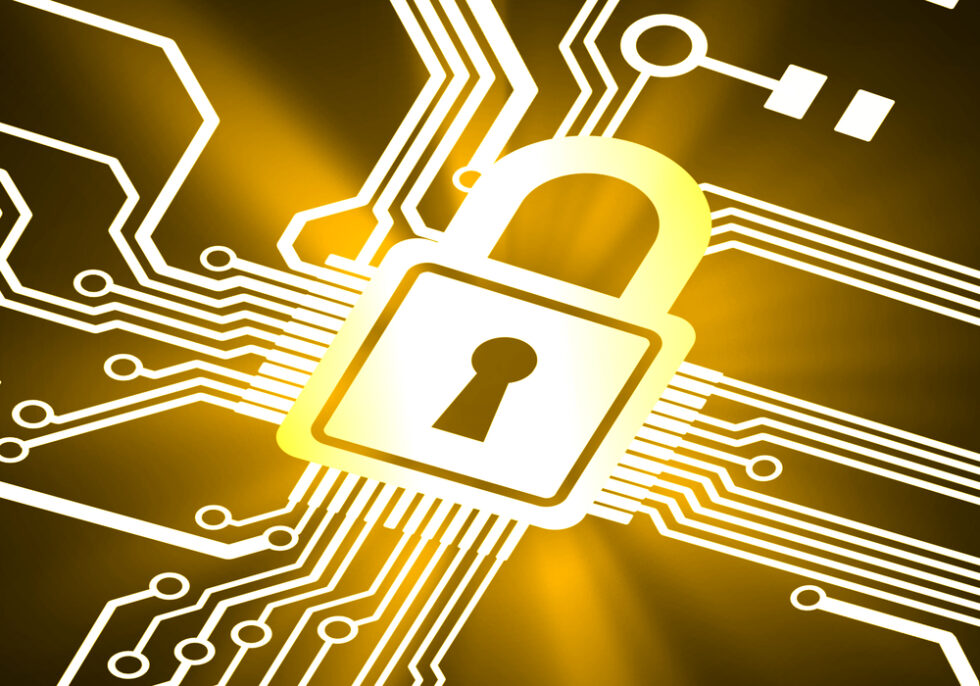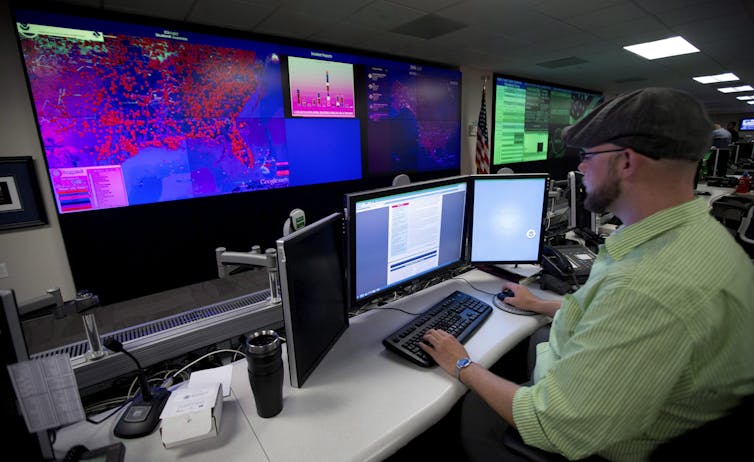The metaverse is a digital on-line international that folks can get admission to in plenty of techniques, together with thru digital and augmented truth. It provides other folks an interactive social revel in the place customers are represented by means of avatars. Customers can teleport thru other digital social worlds, take part in occasions and make transactions the usage of cryptocurrencies.
Through 2026, it’s predicted that 25 according to cent of other folks will spend no less than one hour an afternoon within the metaverse. There, they’ll have the ability to take part in actions similar to running and buying groceries, and 30 according to cent of companies may have their services and products in a position for the metaverse.
The metaverse — which contains blockchains and cryptocurrencies — continues to be in its early phases. As its chances extend, it’s necessary to imagine the possible threats and risks because the metaverse introduces dangers associated with regulation, belongings, keep watch over, fraud, privateness threats, ethics and safety.
As researchers involved in forensic accounting and virtual fraud, we’ve tried to establish the dangers which might be distinctive to the metaverse.
Alternative or risk?
The metaverse seems to be a foray into growing new fashions of carrying out industry on-line. And as such, are we able to count on the similar dangers? Are present regulations acceptable to the metaverse? How are we secure from fraud within the metaverse?
Whilst the metaverse provides new alternatives for companies and consumers, as a nascent generation, it comes with a couple of dangers.
Breaches in ethics are imaginable. As an example, do companies imagine whether or not their code of ethics has been up to date to account for growth into the metaverse? How do consumers and workers behave within the metaverse? Is delicate knowledge secure?
Felony problems will relate to highbrow belongings rights, the law of digital property, privateness and playing. Companies making an allowance for the usage of the metaverse must count on highbrow belongings rights, particularly the ones associated with phrases of carrier agreements and end-user license agreements.
Metaverse fraud dangers
The metaverse can carry many fraud dangers, similar to marketplace manipulation, cyber breaches and assaults, privateness breaches, cash laundering, company espionage and id robbery.
Not like conventional social media platforms, customers haven’t any make sure that the knowledge they proportion is handiest shared with the ones they make a choice to proportion it with within the metaverse. That implies person identities will also be tracked and published
As one researcher explains: “We can’t simply flip off who can practice our avatars within the metaverse as we will be able to do within the conventional social media.”
Private knowledge, similar to biometric knowledge, will also be gathered during the metaverse and in flip used for advertising functions. Organizations the usage of the metaverse want to make certain knowledge is anonymized and customers can’t be identifiable.
The speedy building of the metaverse has additionally introduced dangers associated with cryptocurrencies, which can be already subjected to little or no legit law. Scams may just doubtlessly flourish within the metaverse — and at worse, develop into normalized as a metaverse revel in.
Fighting fraud
Dangers within the metaverse will also be mitigated by means of companies and governments enforcing controls that make certain customers and directors are secure. Those are steps that may be taken to discourage, save you and discover fraud within the metaverse.
In our analysis on figuring out prospective fraud within the metaverse, we known two units of movements: macro, which happen on the executive degree, and micro, which impact companies.
On the executive degree:
-
Explicit law is wanted for the metaverse, most likely within the type of a brand new Metaverse Act that encompasses metaverse transactions and movements;
-
Greater oversight by means of executive our bodies, similar to monetary government;
-
Status quo of a world and international authority to supervise the metaverse;
-
Co-operation with companies to proportion knowledge that may cut back dangers and save you malicious use and unethical behaviour and incorrect information within the metaverse;
-
Regulatory our bodies must require or inspire organizations to divulge how they mitigate metaverse dangers, what assets they have got, and the way they give protection to customers from id robbery, incorrect information, cyber threats and privateness breaches.
On the degree of person companies or organizations energetic within the metaverse, listed here are some steps that may be taken:
-
Undertake a complete inside way inside other departments (as an example auditing, advertising and finance departments) to spot weaknesses when processes are carried out within the metaverse;
-
Put in force measures that keep watch over avatar behaviour on other platforms to make sure customers comply with group requirements;
-
Employment of synthetic intelligence to fight fraud and scams;
-
Replace codes of ethics and whistleblowing systems to give protection to whistleblowers and facilitate whistleblowing channels;
-
Make certain that an ok program is in position to mitigate and reply to metaverse threats.
Forums of administrators, governance our bodies and control must be educated and ready to co-ordinate efforts to fight the emergence and the growth of crime within the metaverse. Coaching and training are the primary steps in organising an effective metaverse anti-fraud program.
Supply Through https://theconversation.com/we-need-to-anticipate-and-address-potential-fraud-in-the-metaverse-186188





